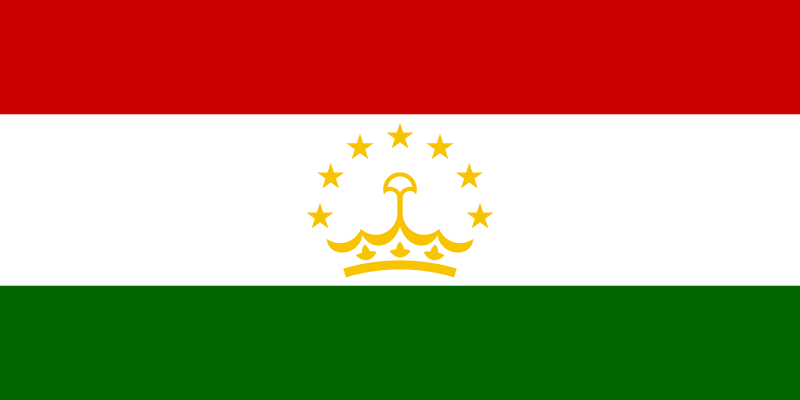Tajikistan Country Profile

Tajikistan Country Profile
Discover more about CDC’s work in Tajikistan by viewing our detailed country profile
Country Overview
CDC partnered with the Government of Tajikistan in 1995 to strengthen the capacity to detect, prevent, and control disease and respond to public health threats in Central Asia. In 2010, CDC began implementing HIV programs supported through the U.S. President’s Emergency Plan for AIDS Relief to help Tajikistan achieve HIV epidemic control. These include evidence-based demonstration programs to identify cost-effective modes of service delivery and expanding HIV prevention and treatment services for populations at high-risk for acquiring HIV infection. CDC supports the Ministry of Health in the following areas: HIV prevention, including Medication Assisted Treatment of opioid addiction; HIV counseling and testing; laboratory strengthening; HIV care and treatment; and strategic information systems.
Per Capita GNI
$1,150
(2021)
Population (million)
9.75
(2021)
Under 5 Mortality
32.3/1,000 Live Births
(2020)
Life Expectancy
71.3 Years
(2020)
Estimated HIV Prevalence
0.2%
(Ages 15-49): (2021)
Estimated AIDS Deaths
<200
(Age≥15) (2021)
TB Treatment Success Rate
91%
(2019)
Estimated TB Incidence
84/100,000
(2020)
Estimated Orphans Due to AIDS
3,600
(2021)
TB patients with known HIV-status who are HIV-positive
2.9%
(2020)
Reported Number Receiving Antiretroviral Therapy (ART)
7,897
(Age≥15) (2021)

Social Media Card
CDC study provides new evidence that Drug-Resistant Tuberculosis is set to rise in some of the world’s highest burden countries.

Social Media Card
TB is the #1 killer of people living with HIV. TB preventative treatment protects those with HIV from contracting TB Disease. It’s effective, It’s affordable. It saves lives.

Social Media Card
The latest PHIA analyses show that CDC, through PEPFAR, and partners are playing and essential role in helping to save lives & transform some of the world’s most severe HIV epidemics